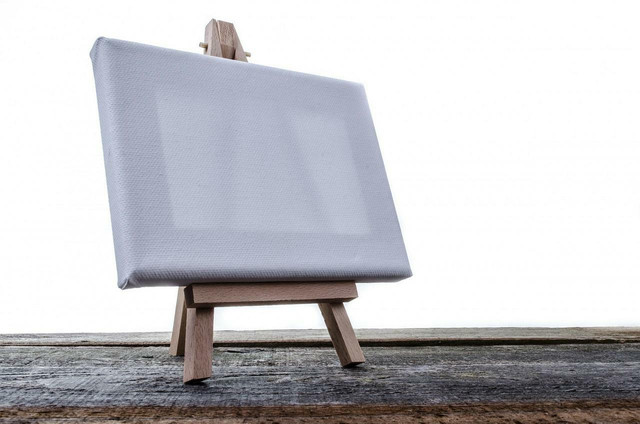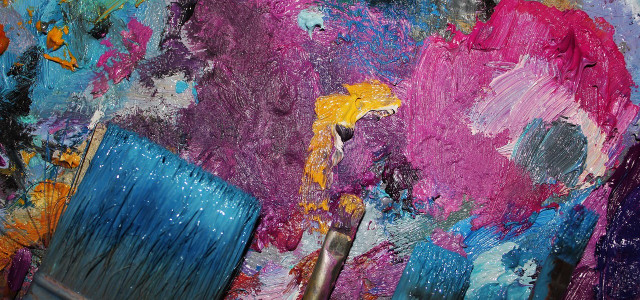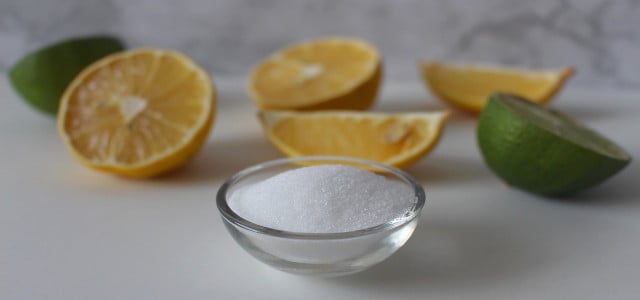Cleaning a canvas painting regularly is the best way to ensure your treasured artwork lasts a lifetime. Learn how to clean a canvas painting safely here.
Whether it is an inexpensive store-bought canvas painting, a much more expensive family heirloom, or rare collectors piece, you will need to apply correct and gentle cleaning techniques to your paintings to ensure you do not create any irreparable damage. If unsure, consult a professional when dealing with expensive and/or very old artwork just to be on the safe side. In any case, you just need to understand your canvas painting and treat it accordingly.
Clean Canvas Paintings With Compressed Air & Brush

If you’re wondering how to clean a canvas painting safely, the best method is simply dusting them using a dry, soft and fine brush. As for the frame itself, you can use a damp cloth to wipe off dust and grime. Acrylic paintings tend to gather dust more than other types of paintings, but this method will be fine to use in most cases.
You’ll need:
- Soft bristle brush or cotton cloth
- Compressed air can
- Some warm water in a bowl (optional)
Cleaning Process:
- Place your canvas on a flat even surface
- Using your compressed air can, blow the excess dust off the painting.
- If you feel that it needs more work, take the soft bristle brush and gently brush away remaining dust
- Where stubborn dust remains, take your soft cloth and with as little water as possible, lightly wipe off the dust. Do not apply pressure and scrub the surface of the canvas
Extra Tips For Cleaning Canvas Paintings



Whether dealing with an oil or acrylic canvas painting, ‘less is more’ is a good rule of thumb to ensure you don’t cause damage. As mentioned before, seek out a professional for any job you are unsure of, or if your canvas painting has been damaged by mildew, water or smoke residue – it is likely that a more complicated process will be needed to clean them properly. Here are a few other tips for cleaning canvas paintings.
- Avoid Excess Water: If dusting off the painting with a damp cloth, always wring out the cloth properly and ensure it is slightly damp, rather than dripping wet.
- No Rubbing & Scrubbing: Don’t apply too much pressure or use coarse brushes to scrub away at the canvas, you could stretch the canvas or rub away acrylic or oil paints.
- Avoid Solvents & Chemical Cleaners: Acrylic and oil-based paintings will not react well to liquid chemical cleaners because you can easily cause irreparable damage, especially on aged and flaking artworks. If you do opt for cleaning away more stubborn dirt and grime, always choose a very mild soap diluted with plenty of water.
Read on:
- How to Clean Computer Screens: Sanitizing Monitors With Household Products
- How to Clean Your Mattress: DIY Tips and Tricks
- The Best Way to Clean Tile Floors Without Chemicals
Do you like this post?







